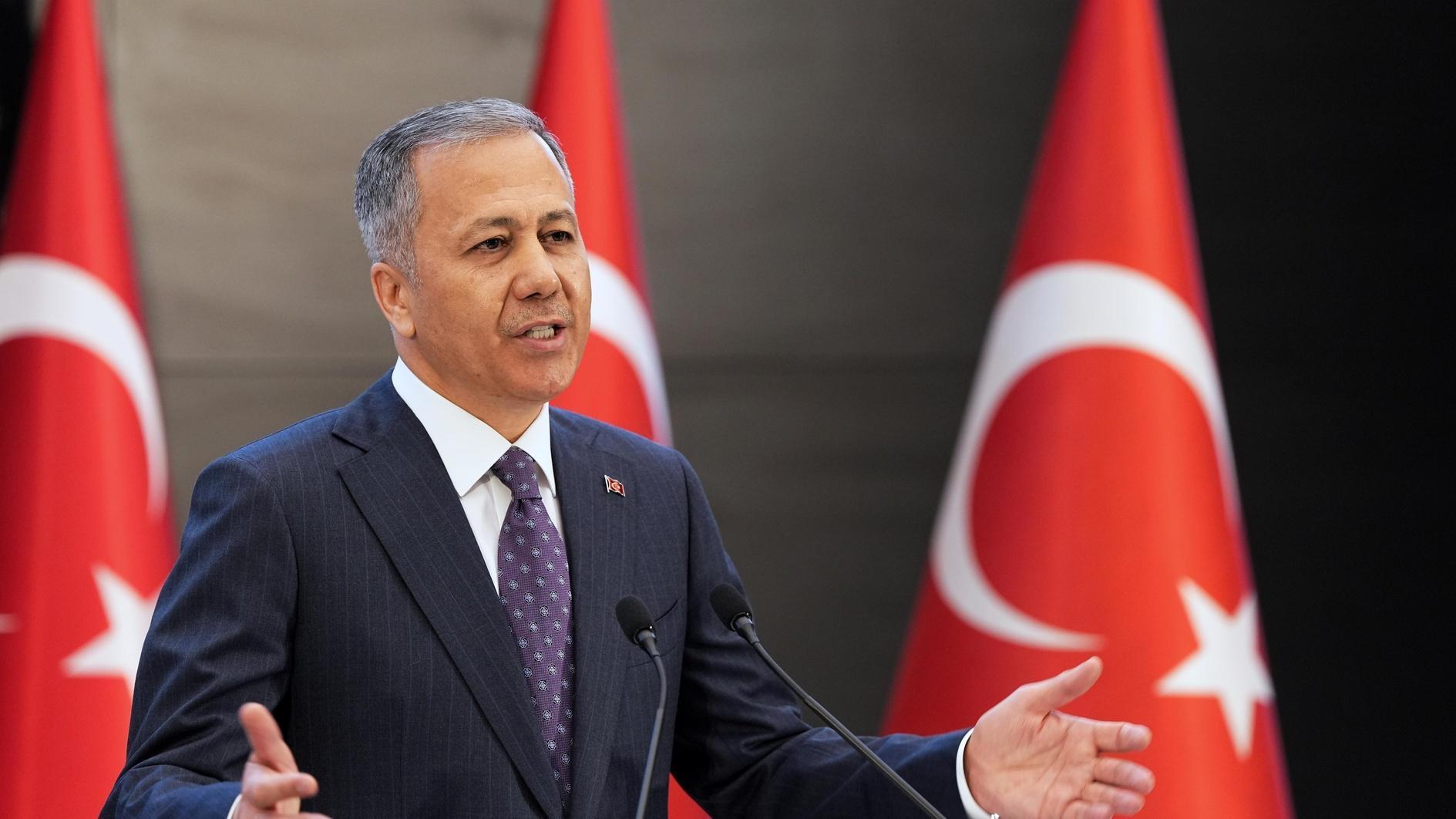Obama draws on five themes of American unity
In politics, the half-life of most ideas is perilously short. In Turkey, it often the sheer pace of events that robs focus from widely-desired reforms ranging from education to women’s rights. In the United States – as the world well knows – it is the knife-edged partisanship between Democrats and Republican that most often thwarts thinking and acting in the long-term.
So while many things can and will be endlessly said about U.S. President Barack Obama’s symbolic and perhaps final “State of the Union” address Tuesday night, the elements suggestive of a bit longer half-life, those ideas resistant to quick decay, are worth note. His speech – as one would expect and as all such addresses do – focused largely on domestic economic issues. But all of those themes where he succeeded to reach across partisan divide to create a moment of Democrat-Republican unity were of an international nature.
Judging by the applause of his party faithful and the opposition (and discounting the easy pleases like a quote from 19th-century Republican President Abraham Lincoln), I counted just five topics that pass this arbitrary test: energy, withdrawal from Iraq and Afghanistan, the endurance of singular American power, unbending support for Israel and readiness to confront Iran.
On energy Obama spoke of rising U.S. energy production, of new initiatives in alternative energy and particularly the fast-expanding role of domestic natural gas production through a controversial practice known as “fracking” that extracts gas from shale rock deposits.
“Last year we relied less on foreign oil,” Obama said, going on to encourage the thunderous applause with a call to develop all sources of domestic energy: “We need an all-of-the-above strategy.”
Obama made repeated allusion to the greatness and sacrifice of American soldiers, lines that went down well. But he brought the gathering to its feet when he declared: “We must take the money we are no longer spending on war, use half of it to pay down the national debt. Use the rest of it to do some nation-building right here at home.”
The current American showdown with Iran may not be popular in Turkey; it certainly is in Washington.
While he offered an olive branch of sorts, saying Iran can “rejoin the community of nations,” it was the tough talk that drew out the passion: “America is determined to prevent Iran from getting a nuclear weapon and I will take no options off the table to achieve that goal.”
The response was similar when he followed up to promise “an ironclad commitment to Israel.”
Obama’s last complete round of applause was prompted with his salute to American exceptionalism, a topic on which he has been criticized as weak in the past. Said Obama: “Anyone who tells you America is in decline, or that America’s influence has lessened, doesn’t know what they are talking about.”
This is not the list I might desire. There was as much I found discouraging as encouraging in Obama’s remarks. Rather, this constitutes my list of the long half-life themes that are certain to echo throughout the coming year of policy-making. It is a year that will be animated, if not driven, by the imperatives of an all-consuming national election.










